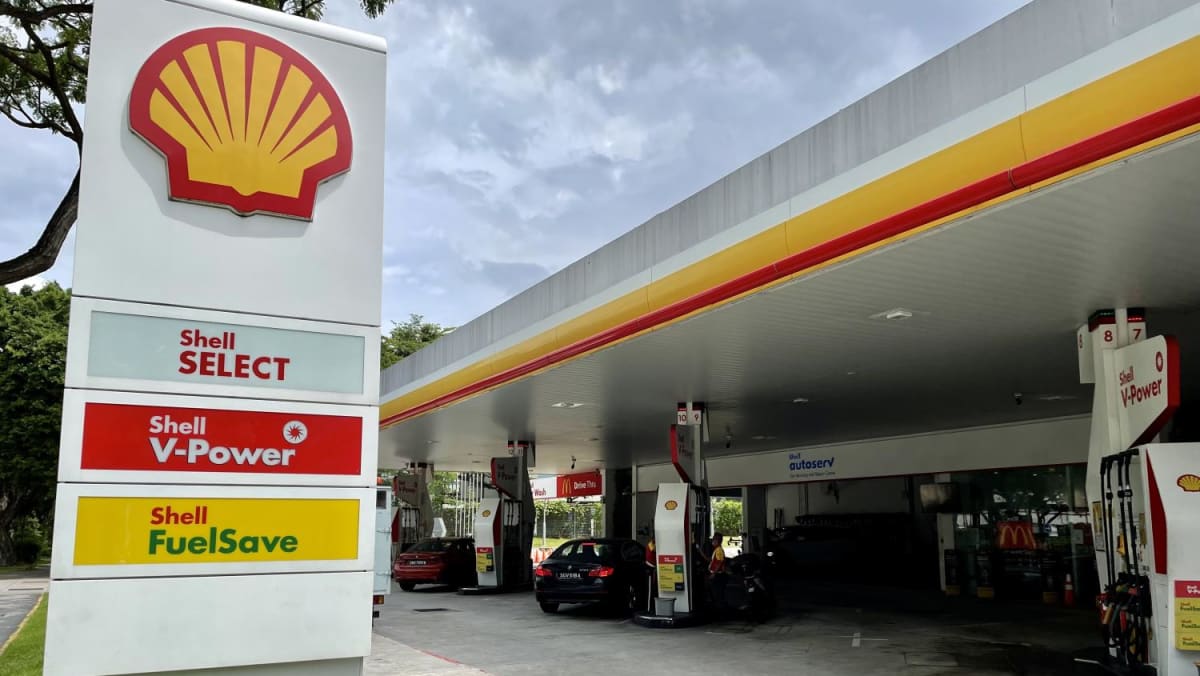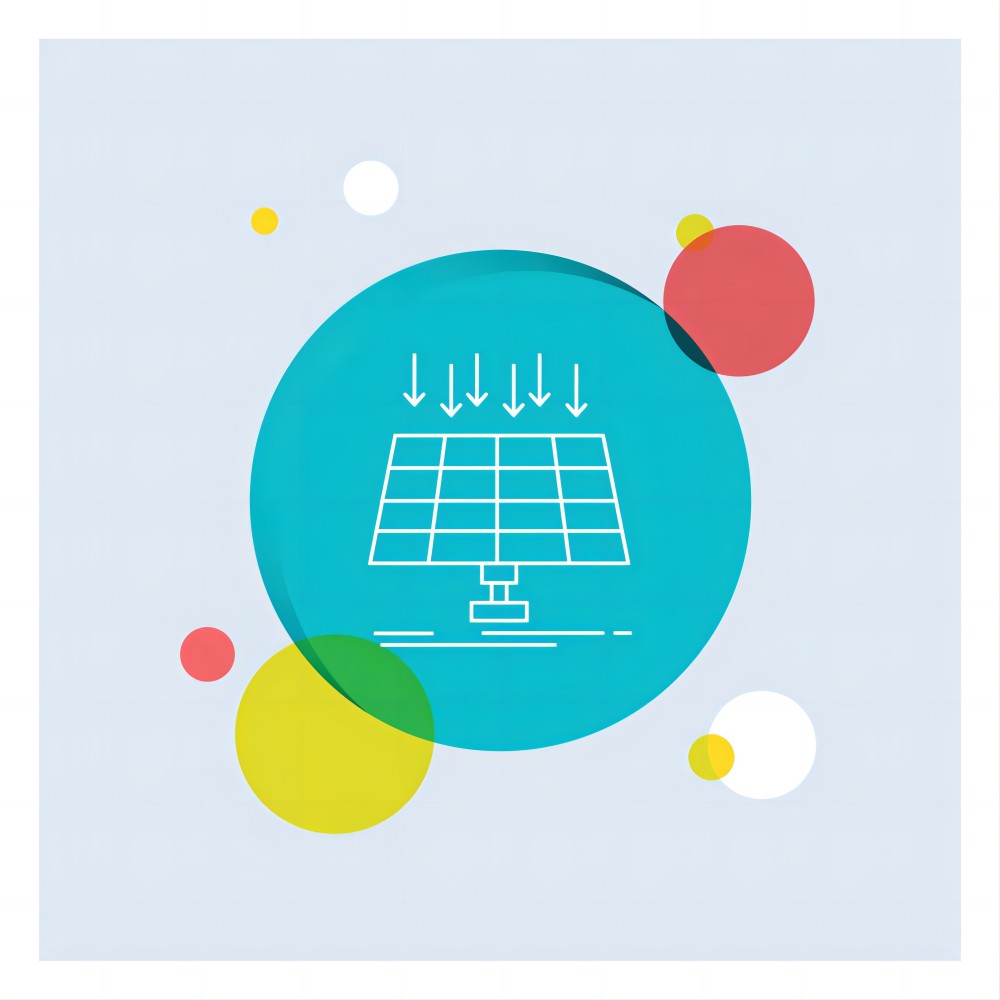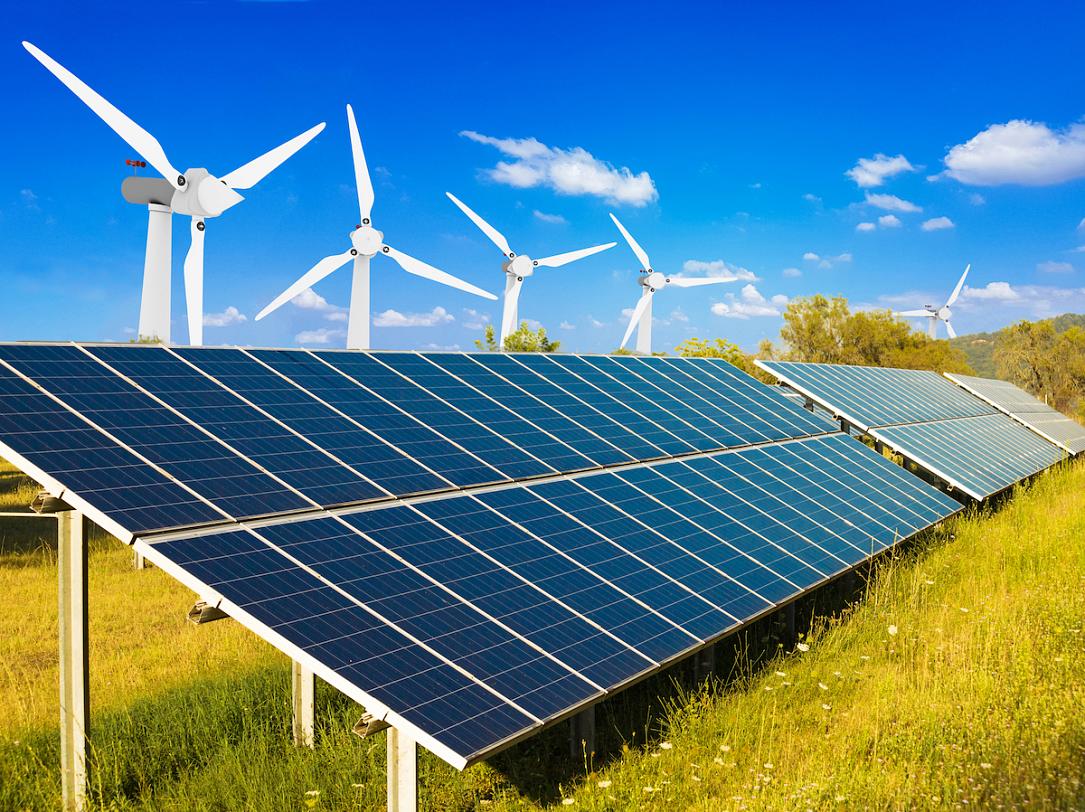Rising EV Adoption in Singapore
Singapore is witnessing a rapid shift towards electric vehicles (EVs), with new EV registrations in the first five months of this year surpassing the total for all of 2021. EVs now account for 8.4% of all new car registrations, marking a significant 20-fold increase since 2020. This surge aligns with Singapore’s goal to have all vehicles running on cleaner energy by 2040. Consequently, the demand for petrol and diesel is expected to decline.
Evolving Petrol Stations
Petrol stations in Singapore are transforming to offer diverse non-fuel services. For example, a station on Tampines Avenue 2 features a 24-hour fast-food drive-through, a parcel collection station, and a bicycle bay. Another station on Sengkang West Way offers bubble tea, fresh produce, and grocery essentials. These enhancements aim to attract more customers and enhance convenience.
Currently, Singapore has around 180 petrol stations, operated mainly by Shell, ExxonMobil, Chevron, and SPC. However, with the rising EV trend and green energy policies, the traditional role of petrol stations is under threat.
Adapting to Market Changes
Fuel retailers must reassess their business models to stay relevant. Some stations have already installed EV charging points, and there are plans for an islandwide network of EV chargers, including in residential estates. This development could reduce the need for motorists to visit petrol stations for refueling.
According to a 2019 study by Boston Consulting Group, up to 80% of petrol stations worldwide could close by 2035 if they do not adapt. Investing in fast-charging infrastructure could help differentiate petrol stations from home chargers, providing time-starved drivers with quick recharge options. However, fast chargers still take longer than traditional refueling, necessitating additional services to attract customers.
The Future of Petrol Stations
As EV adoption grows, petrol stations may need to offer more than just charging points. Additional services such as cafes, grocery stores, and parcel collection points could provide value while drivers wait for their vehicles to charge. Shell and Chevron are already investing in such facilities in Singapore, with plans for high-powered chargers and solar energy integration.
Despite the uncertainties, the transition to EVs is inevitable. Petrol stations must evolve to meet changing consumer needs and capitalize on emerging opportunities in the green energy market. Failure to adapt could spell the end for traditional fuel retailers.
Source:channelnewsasia.com





